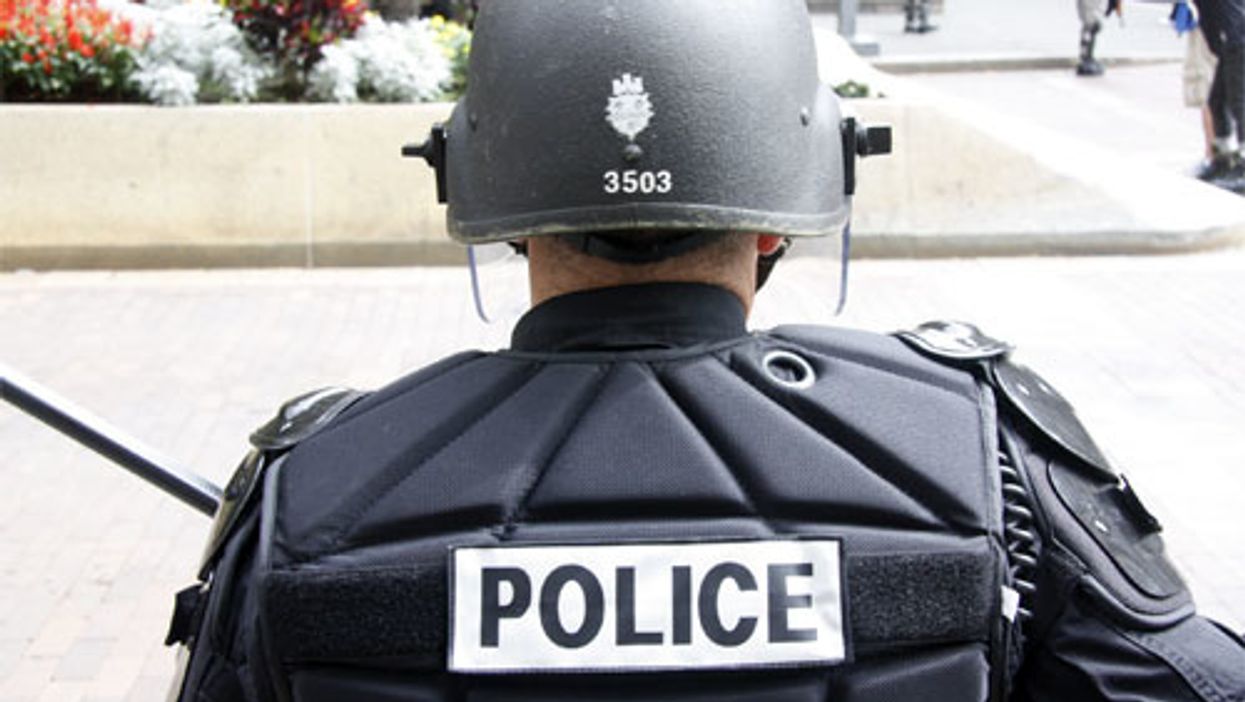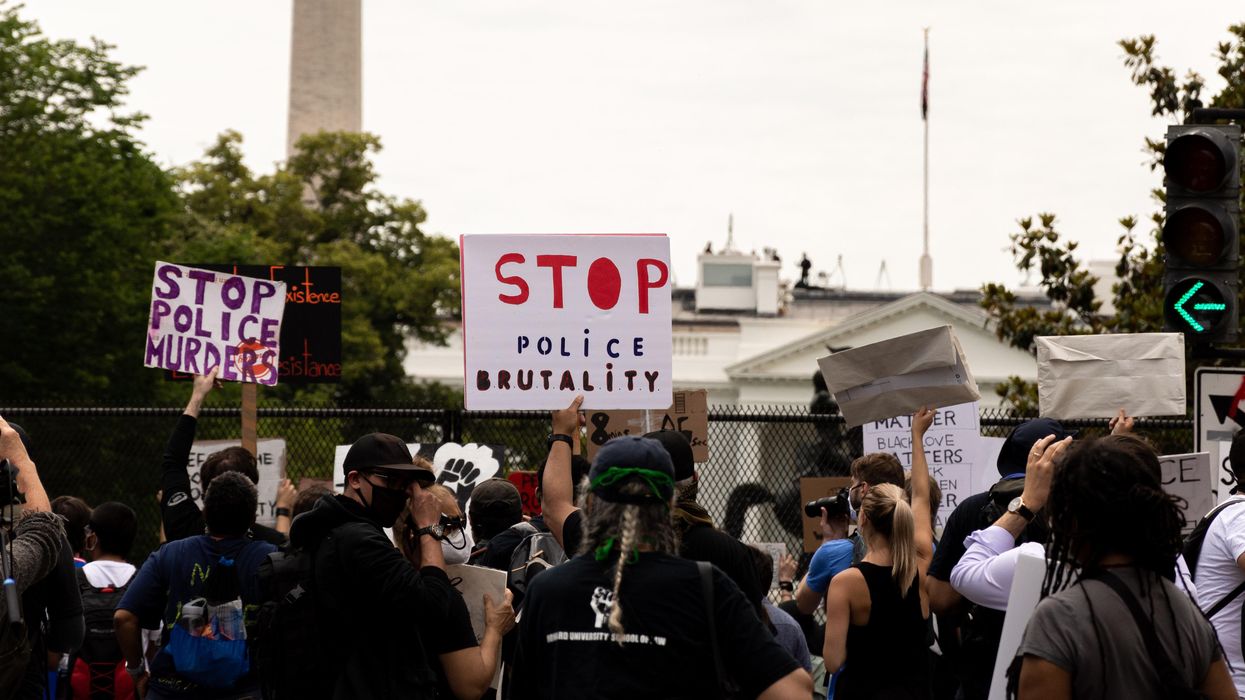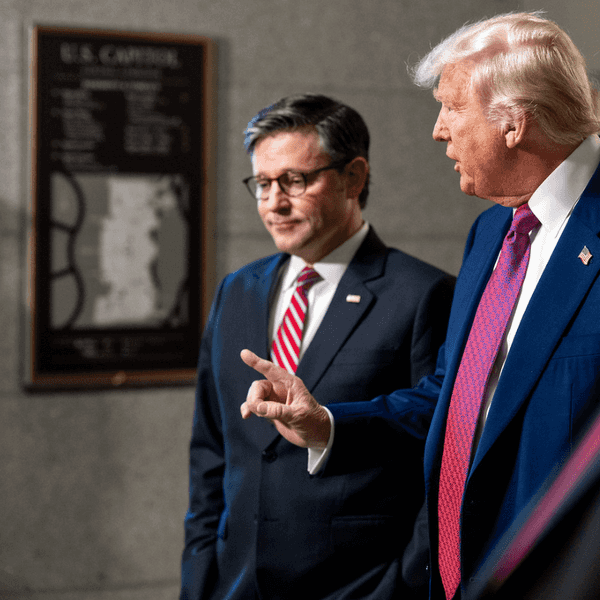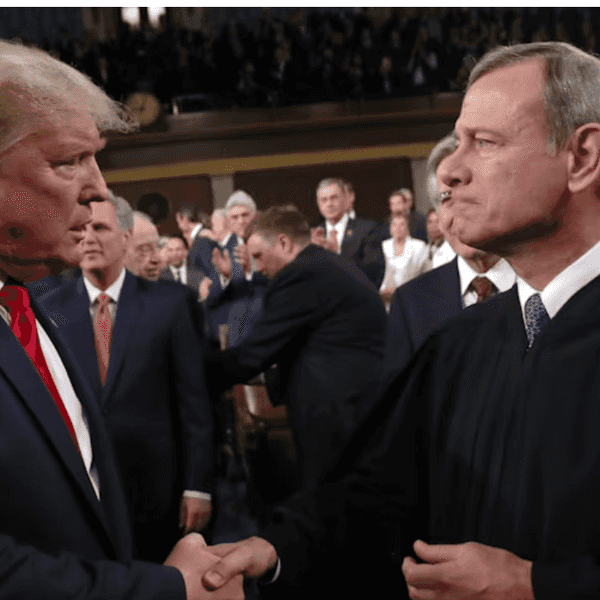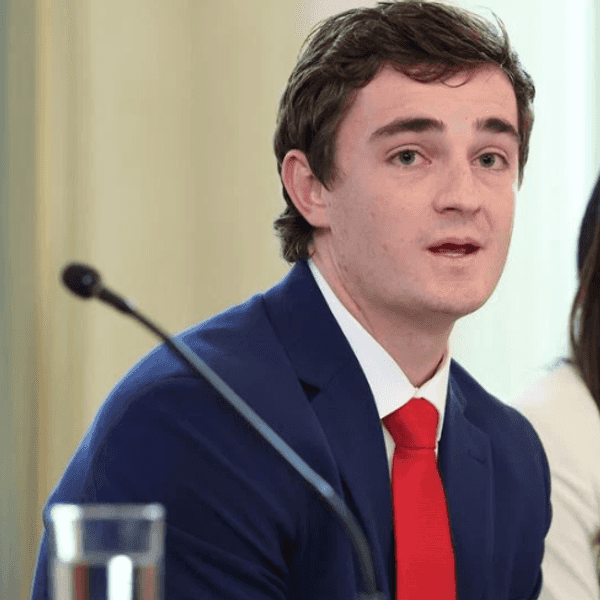Drive-By Journalism Obscures Truth About Police Shootings And Black Lives
Cable news programming suggestion: Instead of filling every broadcast with the latest presumptive police outrage, try covering the latest drive-by killings too. Show us more of what's really happening on the streets where we live. Newspapers and local TV are already on it.
For example, the lead headline in the Chicago Sun-Times on the morning after police released video of the fatal shooting of 13 year-old Adam Toledo by a Chicago cop read "Girl, 7, fatally shot at McDonald's drive-thru."
Witnesses told reporters they were astonished by the brazenness of the gang-bangers who opened fire on a rival in front of many onlookers and several security cameras. The little girl seemingly got in the way.
Young Adam Toledo, of course, was involved in a similar shooting episode immediately before his deadly confrontation with police.
Heaven knows, Chicagoans have reason to be leery of their city's police department, but context is crucial.
This morning's headline in the Little Rock newspaper was "Peace urged after man killed, toddlers hurt by park gunfire." The toddlers were aged three and four. More collateral damage, as it's called when soldiers shoot civilians. Two young men playing basketball were the intended target; one survived. The little ones are expected to recover. Last month, however, a ten year-old girl was killed in a similar incident in another city park.
In Miami last weekend, three year-old Elijah LaFrance was killed when a gun battle erupted at a children's birthday party — the third little kid murdered there in recent months. The others were girls, aged 7 and 6.
Gang-bangers, however, don't wear body cams, so TV footage is harder to come by. Also, because filing wrongful death lawsuits against street thugs is futile, CNN's roving cast of pundits and personal injury lawyers aren't primed to respond with appropriate indignation.
"When a suspect is a person of color, there is no attempt to de-escalate the situation," civil rights lawyer and ubiquitous talking head Ben Crump said regarding a recent incident in Knoxville, Tennessee. "Police shoot first and ask questions later, time after time, because Black lives are afforded less value."
Regarding the value of Black lives, here's some important information: According to an extraordinary piece of reporting by Rick Rojas in The New York Times, Anthony J. Thompson, age 17, killed by Knoxville police in an armed confrontation in a cramped bathroom at Austin-East Magnet High School, was the fifth student from that campus to die of gun violence during this school year.
Five kids, all African-American, all shot dead at one school in one year.
"It makes it harder to get out of the house every day knowing another child has lost their life," one victim's older sister said.
So far, however, this ongoing tragedy has drawn little commentary on CNN or MSNBC. "Among our elites," my friend Bob Somerby writes, "no one cares about the gun violence which takes so many other lives. It doesn't matter if Black people get shot and killed unless it's done by police."
At his website The Daily Howler, Somerby has been writing acid commentaries about the melodramatic coverage given police/civilian shootings. In the wake of the Derek Chauvin murder trial, the sad and dangerous truth is that on anything regarding cops and race, you pretty much can't expect anything like accurate, dispassionate journalism from too much of the news media. Particularly not the cable networks.
Uncomfortable facts are routinely ignored or suppressed to preserve the good versus evil story line. Pundits appear on national TV to opine about complex life and death situations without having the first idea what they're talking about. Once the basic storyline gets laid down, it rarely changes.
Consider, for example, the tragic killing of Daunte Wright in a Minneapolis suburb by a veteran officer who says she mistakenly fired her handgun instead of a Taser—a story so improbable it almost has to be true, and will almost certainly result in a felony conviction. Wright apparently told his mother that he was stopped for having an air freshener hanging from his rear-view mirror.
Pundits on PBS, MSNBC, the New York Times, and Washington Post have given the air-freshener angle a workout. Al Sharpton mentioned it during an emotional eulogy at Wright's funeral. So why were Brooklyn Center police arresting Wright, and why did he flee?
Well, it turns out that Wright had been charged with aggravated armed robbery in 2019, released on bail, subsequently picked up for carrying a pistol and fleeing police, released again, and then blew off a court hearing on the gun charge. He had to figure they'd keep him locked up this time.
So he tried to run. Terrible decision.
Not a capital crime, no. And still a tragedy.
But if you're one of those posting indignant Facebook screeds about cops stopping drivers for minor infractions, now you know why.

